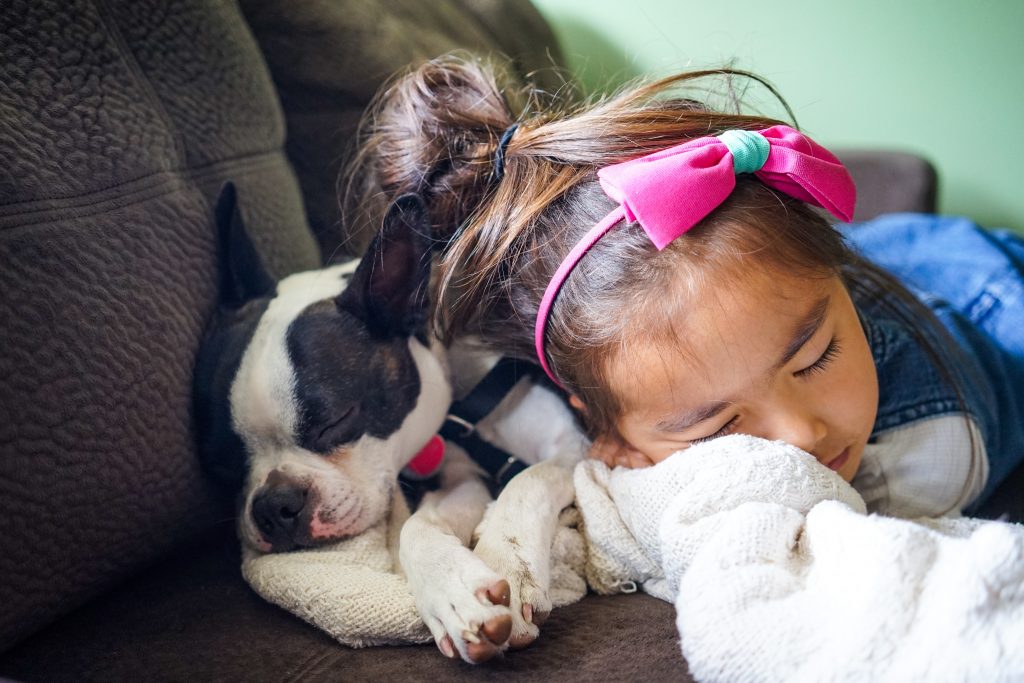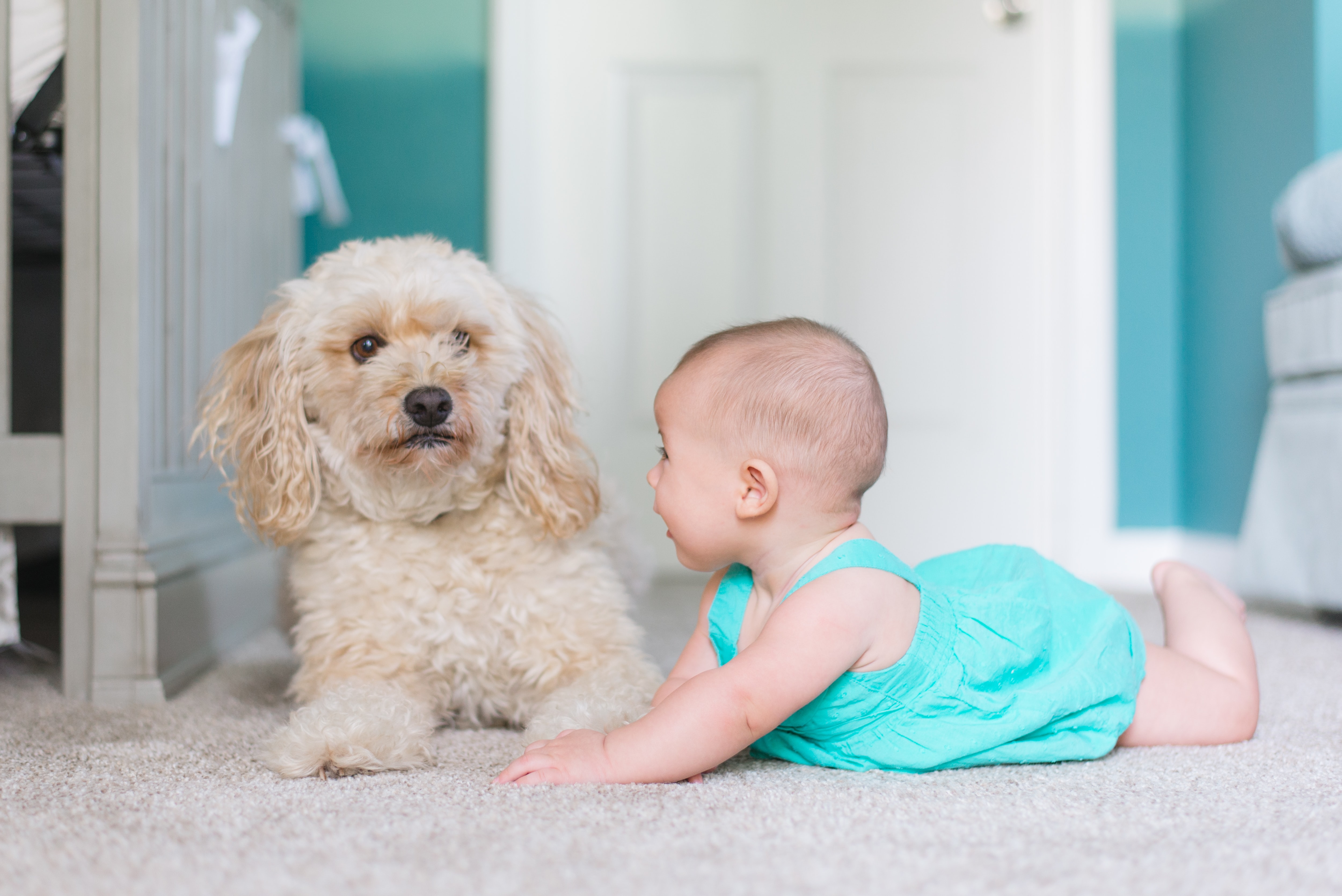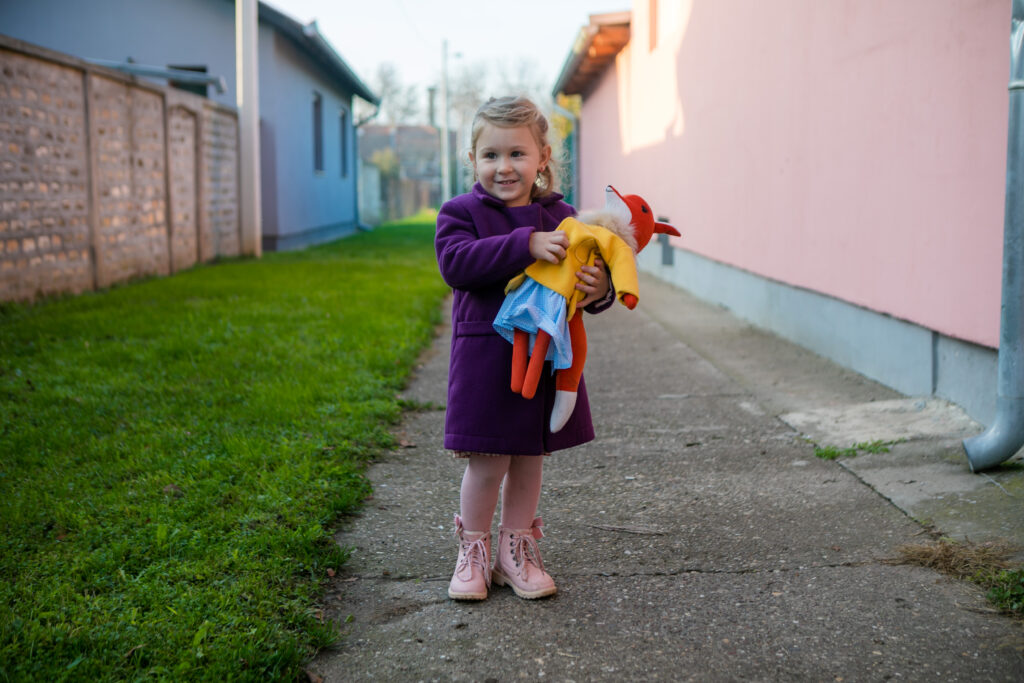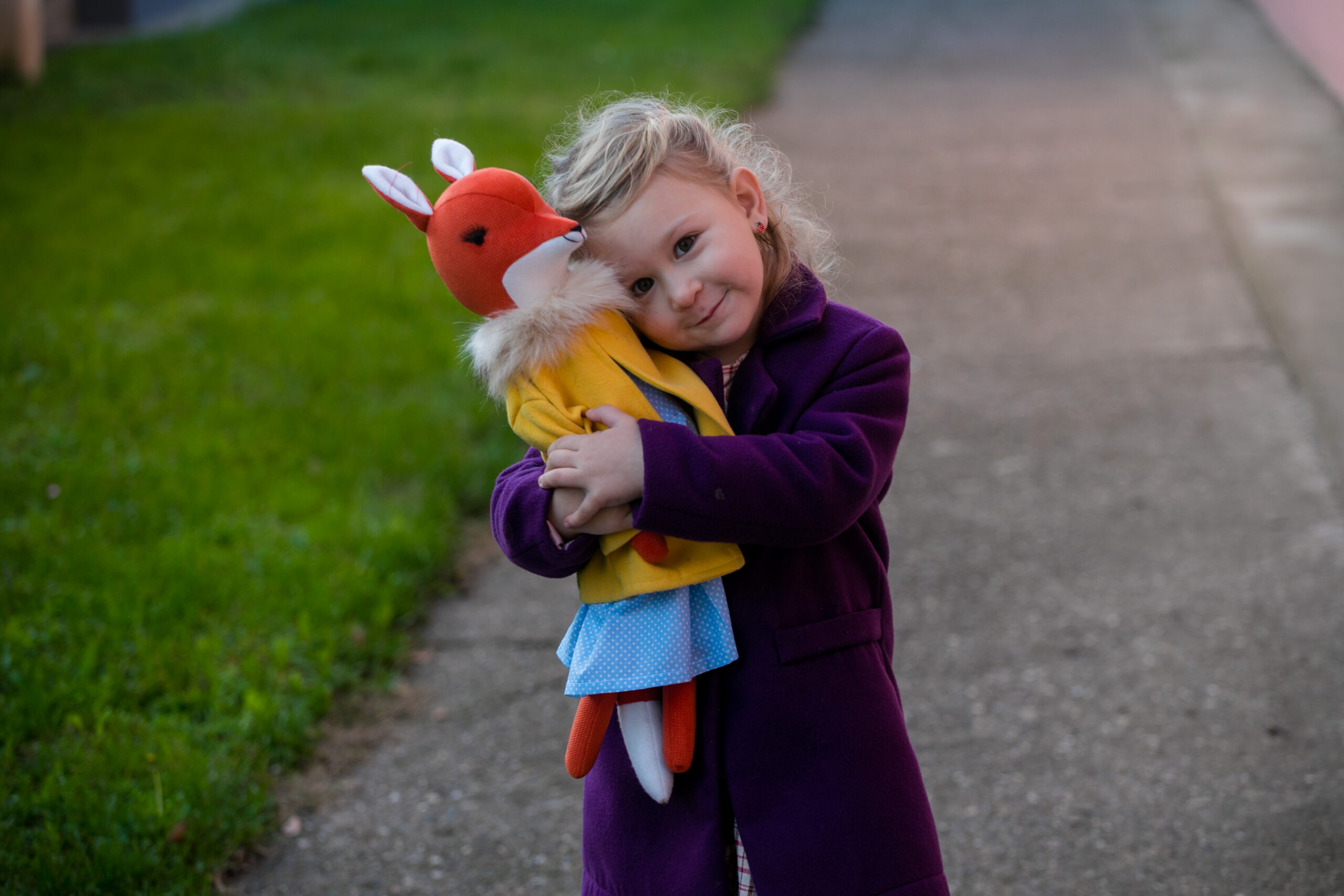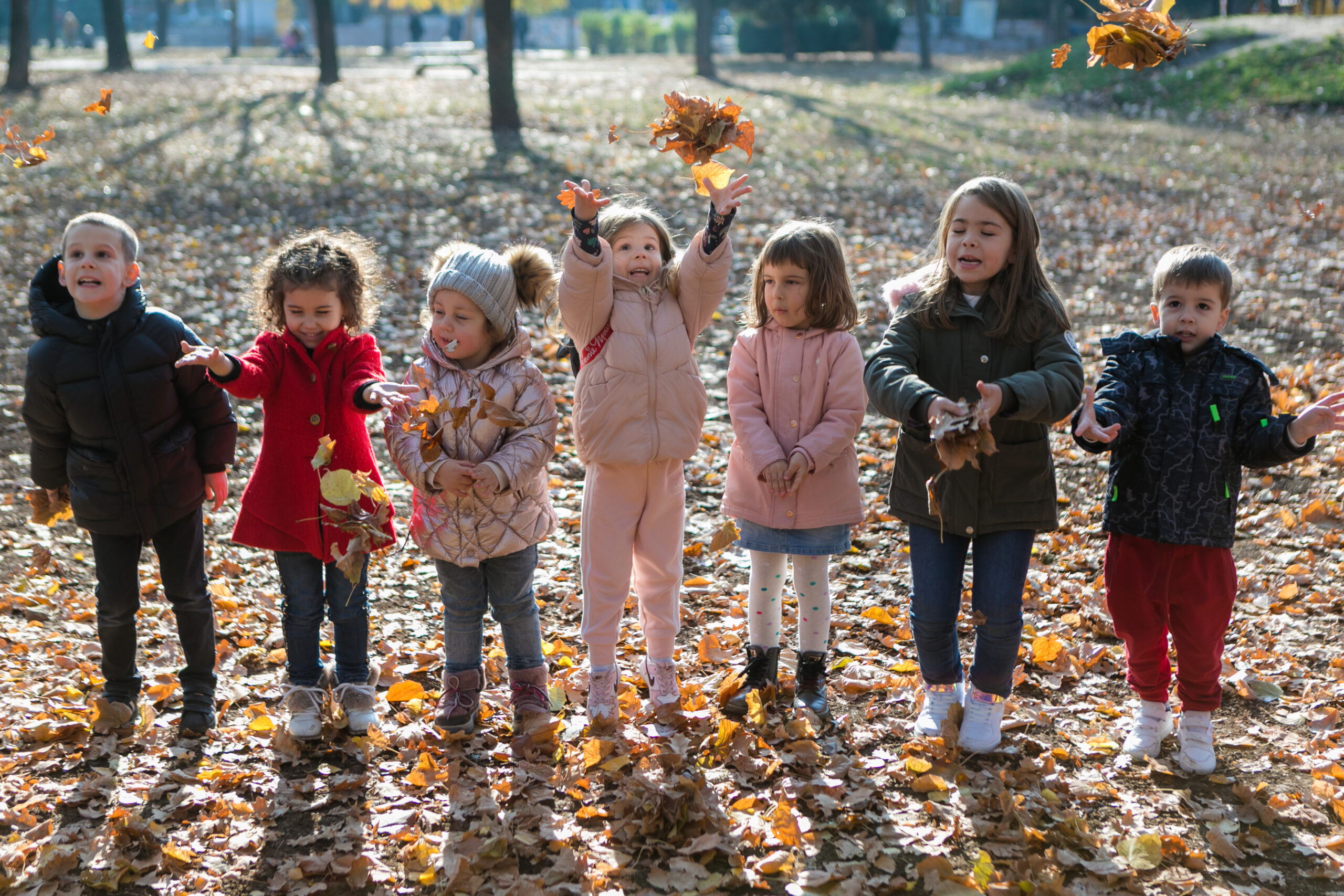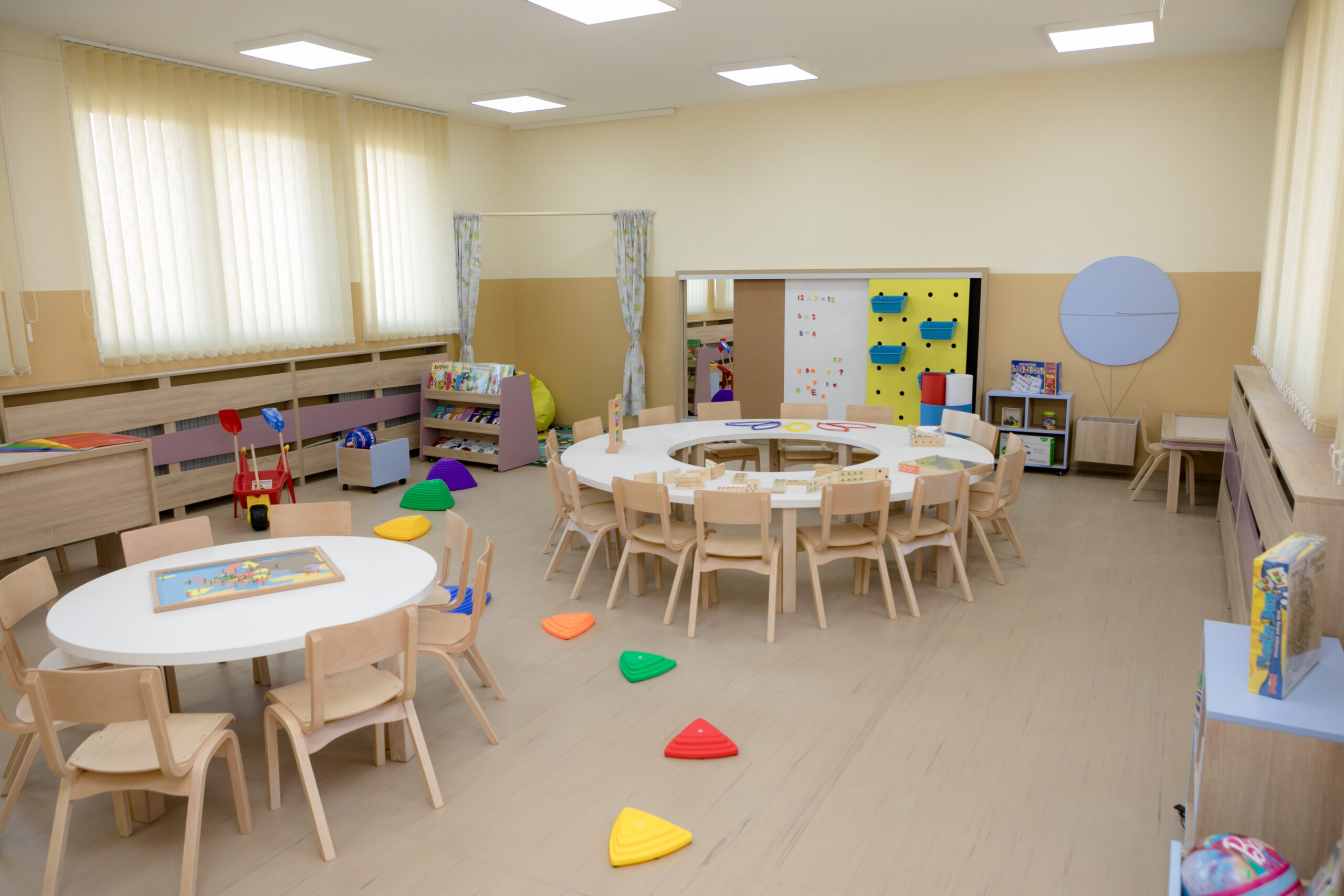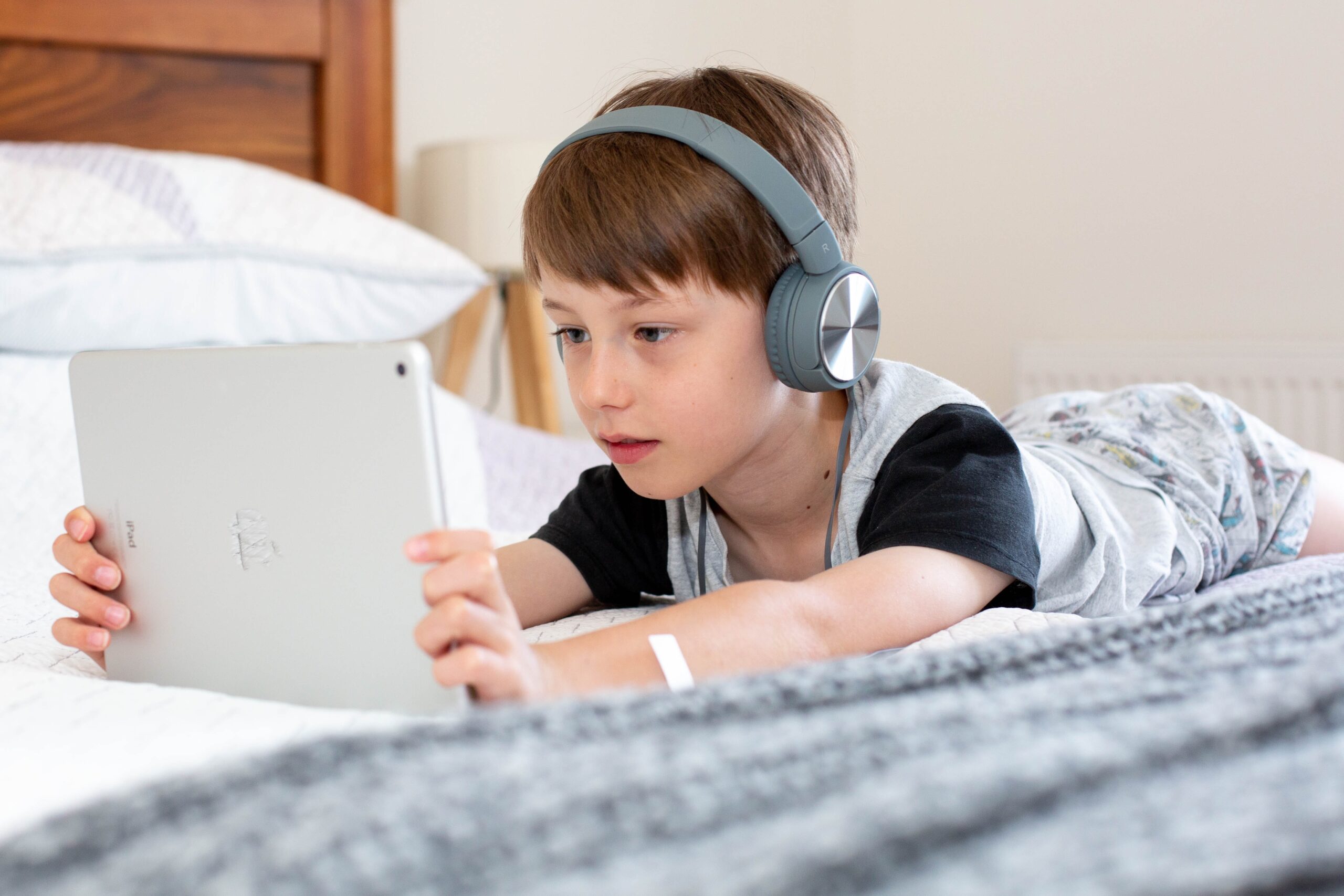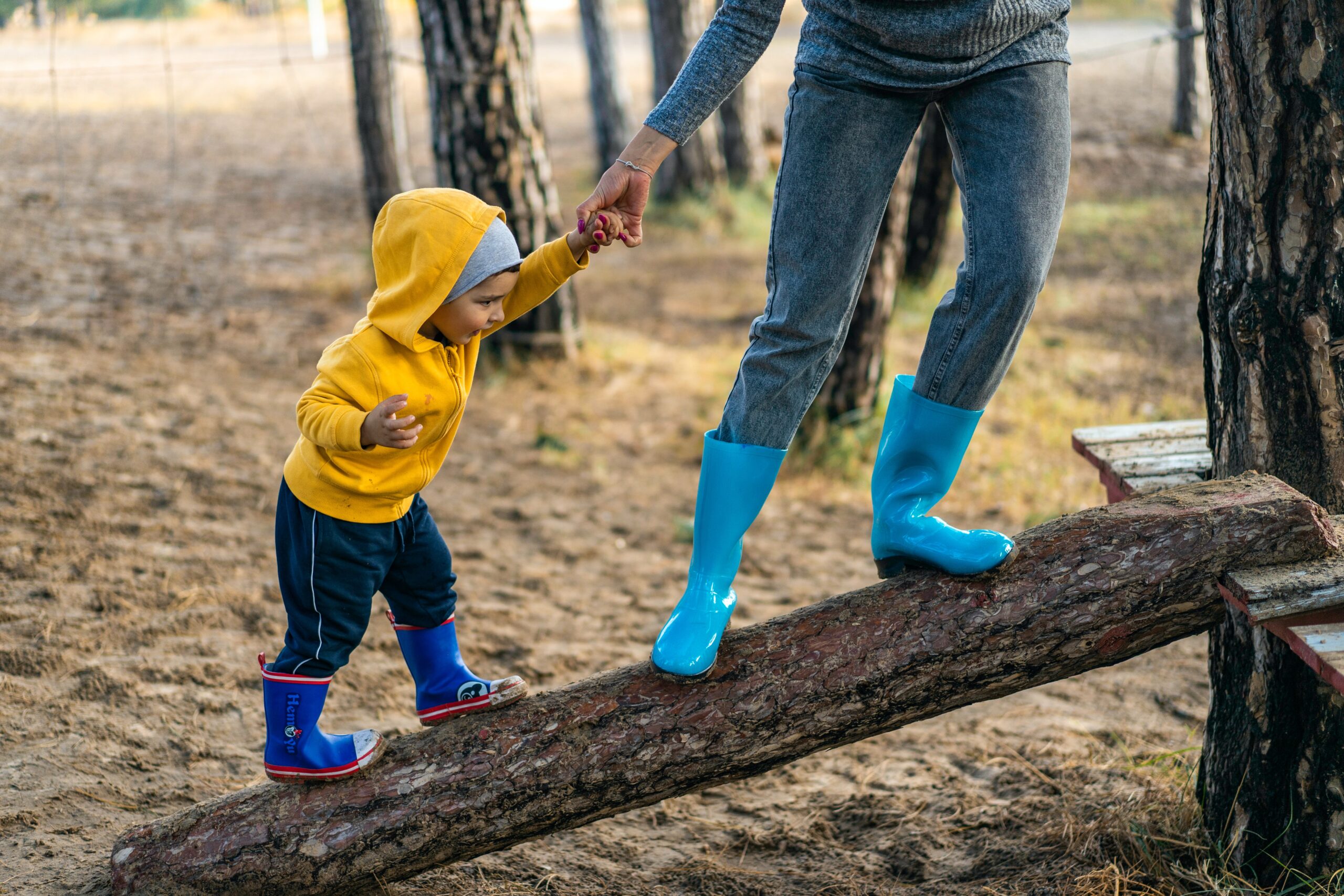Dogs have an immense influence on the development of children and they can teach them some of the most important life lessons out there. Here are some of the biggest and most influential impacts a dog may have on a child.
Those of us who had dogs as kids clearly remember the way we asked our parents to get us a dog. We imagined all the great things we are going to do with that dog – playing, running, playing, running, and then a bit more playing again. Children often do not think things through and we shouldn’t expect them to.
As parents, you think about all the obligation that comes with having a dog. You become responsible for another creature and you need to feed them, walk them, clean after them, groom, train, socialize them, and that is just the beginning.
What if we told you that there are many benefits that neither children nor parents are aware of and they come with having a dog?
Dogs have proved extremely beneficial to people, especially for their physical and mental health. Dogs also have an immense influence on the development of children and they can teach them some of the most important life lessons out there. Here are some of the biggest and most influential impacts a dog may have on a child.
1. The responsibility
Having a dog is a huge responsibility. Depending on the child’s age, there are many things you can put your child in charge of when it comes to taking care of the dog. When the children are small, they obviously shouldn’t have big responsibilities, but it can change the dog’s water, give the dog food, brush them, and pet them.
As the child grows, it can slowly take on more and more responsibilities. Cleaning after a dog will teach them that if they love something, they will gladly endure a little poo in their life.
Life is messy and beautiful and a dog is the best possible example of that.
Training a dog requires time and dedication. Walking the dog will teach kids that sometimes duty comes first, even if they do not feel like doing that at that moment. A great thing is that there are over 400 dog breeds you can pick and you can be fairly certain of their character. If you are not the one to buy a dog, there is always the option of adopting it.
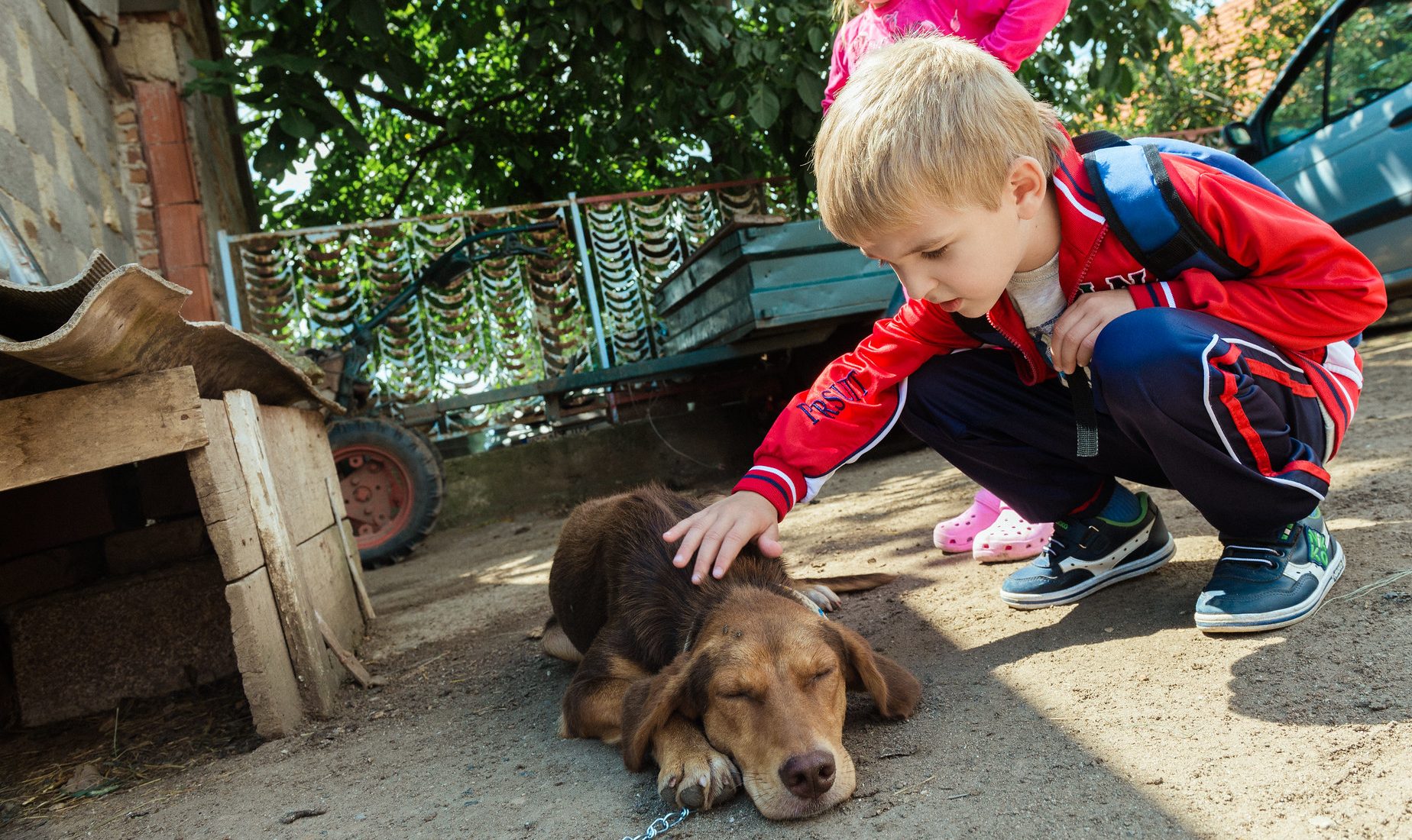
Dogs are a major part of everyday life in villages in Serbia. They have an immense influence on the development of children who live there.
2. Physical benefits
This is a fairly straight benefit all dog owners are aware of, especially if you have an active dog such as the Border Collie.
Children that have dogs get on average 11 minutes a day of more physical activity than those children that do not own a dog.
11 minutes might not seem much but that adds up to 70 hours per year. Obesity is a growing problem among children and getting them to exercise a bit more can only have great results. Kids that grew up with dogs are known to have stronger immune systemsand fewer allergies. Early exposure to dog hair is one of the key things that help boost a child’s immune system. They are also less likely to develop skin problems such as eczema.
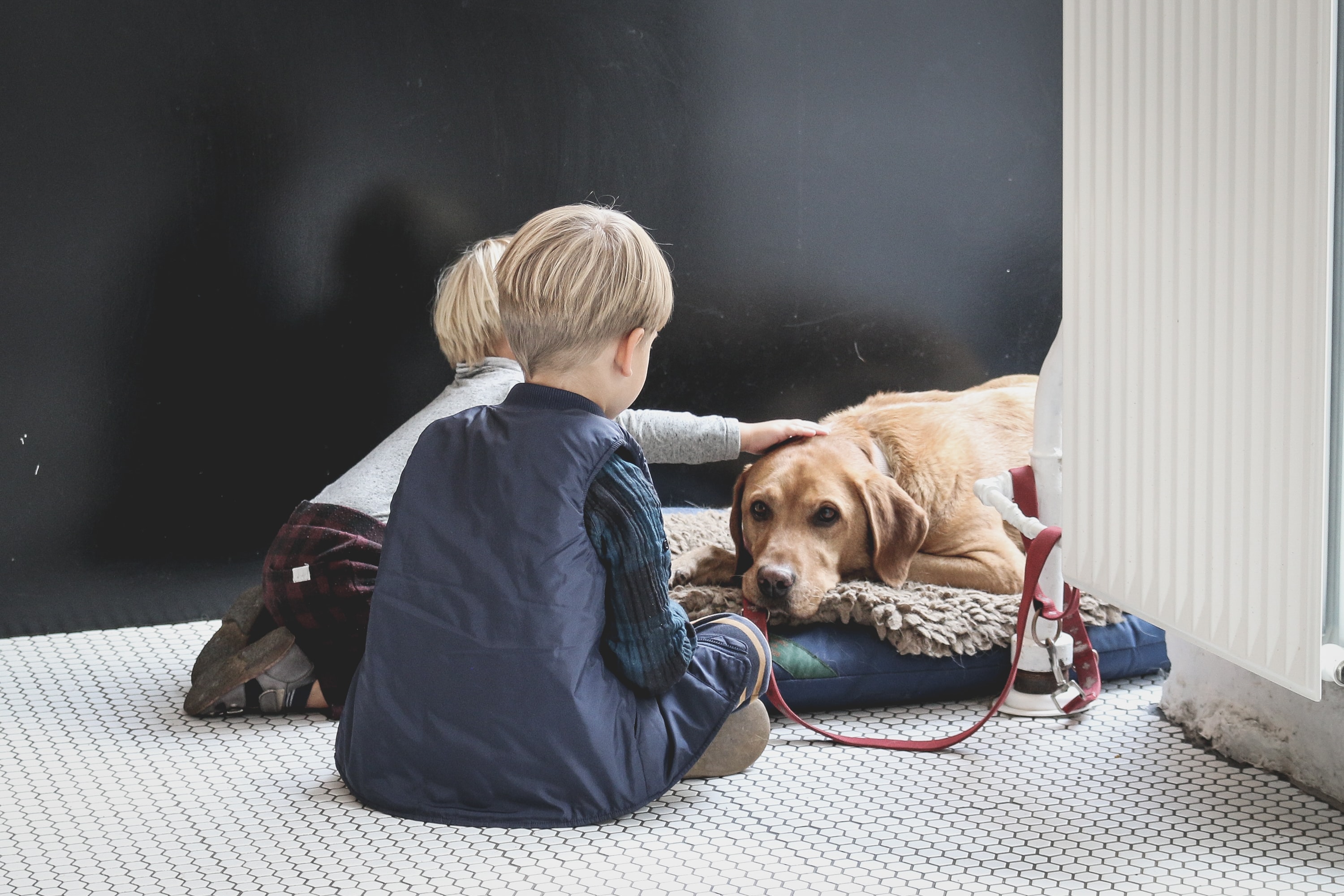
Children with dogs also have lower levels of anxiety and cope a lot better with stress than those that grew up without one.
3. Mental benefits
“Service dog” is a term that is widely known and there is a good reason for that. Dogs have a strong influence on a child’s psychology and there were many studies done that proved that theory. Dogs can help children that were diagnosed with autism and helps them create a routine and gives the kids a sense of security.
Kids that grew up in a household with dogs are less likely to develop ADD and helps treat those kids that have been diagnosed by helping them blow off additional energy and cope with isolation and potentially depression. A regular family dog can act as a service dog if it provides a child with feelings of security, love, and affection.
Having a dog in early childhood will help a child develop empathy, self-esteem, compassion, pride, a sense of self-worth, and dignity.
Not only that, but children with dogs also have lower levels of anxiety and cope a lot better with stress than those that grew up without one. All these benefits directly influence on the development of the child’s emotional intelligence.
Having a dog can have many benefits and if you are thinking about getting a dog for your children, we want to tell you what an associate professor at the University of Western Australia and Telethon Kids Institute, Hayley E. Christian said about their research regarding this topic: “We are not saying ‘go out and get a dog, That’s a really important decision. Owning a dog comes with responsibilities and costs. But both anecdotal reports and research show that the benefits outweigh the costs”.
About the author: World Dog Finder is a service dedicated to helping responsible breeders find a new and happy home for their puppies and giving animal shelters a better chance of finding new families for their residents.

